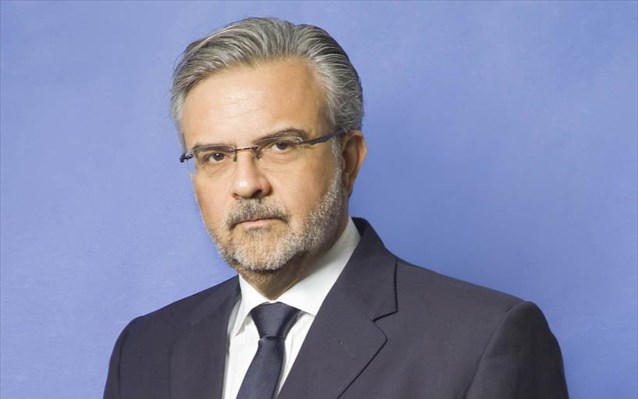Eurobank will take advantage of the flexibility that is due to its return to the private sector as well as of the opportunities resulting from the recovery of the local economy, focusing on a customer-oriented performance model and on the perspectives open after the acquisition of Post Bank.
The Bank implements its business plan that has persuaded big international funds to invest in it in the long term with the primary goal of developing activities in certain sectors, management of non-performing loans and cost reduction.
The business plan of the bank is based on an ambitious project for transformation, which is expected to lead to increase in profits, use of the advantages of Post Bank and Proton Bank as well as to improve the business culture of the bank and its employees.
According to the management of Eurobank, 2014 will be the year of restructuring and it will lay the foundations that will lead to a gradual return to profit making in 2015, significant growth acceleration in 2016 and to full growth in 2017.
In particular, the basics of this year’s strategy include, in the first place, the functional integration of Post Bank, which has been completed and which will allow for the development of synergies by maintaining separate networks, cross sales for the customers of Post Bank and cooperation with Hellenic Post (ELTA).
Post Bank has improved the liquidity of Eurobank (by improving the loan-to-deposit ratio by 25%), added a credit portfolio of bad loans amounting to only 4.5% and it will provide synergies to the amount of 200 million euro per year.
According to Executive Director of Eurobank Christos Megalos, the second main pillar of the strategy is the implementation of the restructuring project with a focus on the following: a) management of non-performing loans by specialized units, separate for individuals and companies, b) stabilizing the customer-oriented approach to increase earnings and improve liquidity, and c) improving efficiency by reducing costs.

Private sector involvement
The management of Eurobank has secured the third pillar of the strategy relating to increasing the involvement of the private sector, accounting for the fact that, after the recent capital increase, the bank is now 65% privately owned and its shareholders are big international investment capitals that demonstrate commitment to stay and participate in the corporate management.
Synergies to the amount of 203 million euro
As for profit, according to the business plan, development levers here are synergies from Post Bank and Proton Bank, amounting to 203 million euro before tax in 2015. The already achieved synergies amount to 56 million euro from liquidity and 33 million euro from costs.
In terms of costs, their declining trend that has led to a 30% reduction since 2008 continues. That trend is reinforced by a number of actions such as the voluntary leave of staff that has resulted in savings to the amount of 61 million euro per year. Reduction is reported in the number of bank branches as well, which will number 500 at the end of the year compared with 600 today.
Liquidity cost reduction is also recorded as, after the end of 2013, the spreads of term deposits fell to 289 basis points from 359 basis in the preceding year, the aim being an even greater reduction, terminating the funding by the Bank of Greece which already amounts to just 2 billion euro, and improving the mix of deposits.
The plan provides for a reduction in risk costs, which had increased by 317 basis points in the 2007-2013 period. Reducing them by 100 basis points could bring 380 million euro in income before taxes.
The bank’s management focuses on restoring commission income through the development of various activities, such as asset management, financial operations and network activities that are believed to expand with the improvement of macroeconomic indicators.